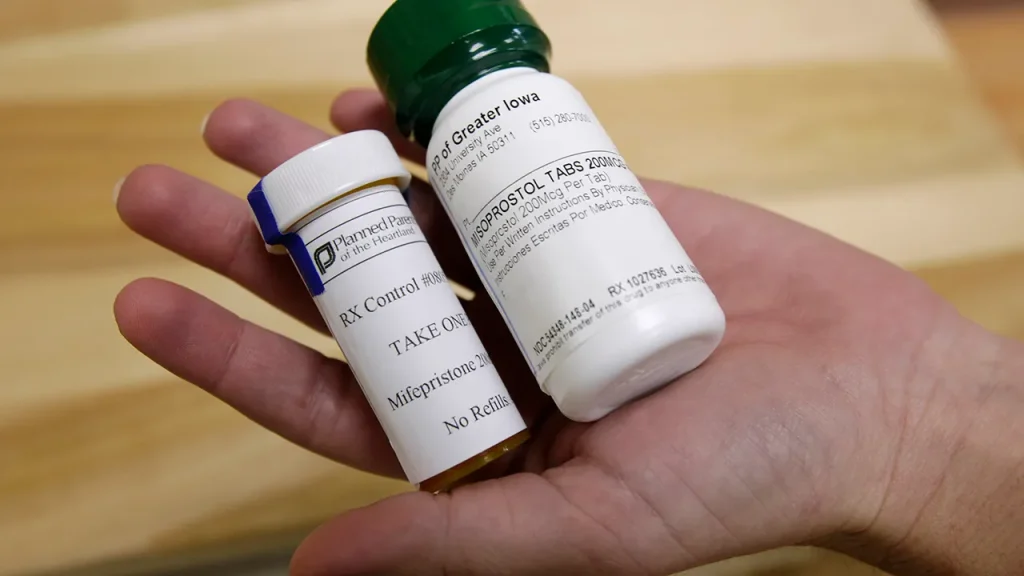The Supreme Court is ready to tackle a high-stakes appeal over nationwide access to the abortion pill mifepristone, with oral arguments set for next week and a ruling expected three months later. The case has major legal, social, and political implications and revolves around reproductive rights, especially considering that nearly two-thirds of abortions in the U.S. rely on mifepristone. While abortion rights groups argue the drug is safe and vital for women’s health, anti-abortion organizations claim the FDA has unlawfully promoted on-demand abortion.
The case challenges the FDA’s approval process for mifepristone, which involves several controversial revisions made in recent years. These changes have allowed for easier access to the medication, including telemedicine prescriptions and retail pharmacy dispensing, prompting further legal challenges. Major pharmacy chains like Walgreens and CVS have been certified to dispense the abortion drugs under the new rules, highlighting the widespread impact of this case on access to reproductive healthcare.
The plaintiffs in this case, led by anti-abortion doctors’ associations, argue that the FDA’s revisions to mifepristone regulations did not adequately consider the risks to women’s health. Lower courts have already sided with these groups, sparking a legal battle that will see the Supreme Court debating the original approval process for the drug and issues of standing for those challenging the FDA’s authority. President Biden and abortion rights groups emphasize the importance of continued access to mifepristone, warning of the potential health care implications if the FDA’s authority is limited.
The upcoming Supreme Court decision on the abortion pill case is just one of many abortion-related issues the court will be facing in the near future. Challenges to state restrictions, federal laws, and constitutional rights regarding abortion access may all come before the justices, with significant political implications for the November election. Progressives hope that these controversies will energize voters and potentially sway the election in their favor, similar to the impact of the Dobbs decision in 2022.
Ultimately, the fate of mifepristone and access to abortion will be determined by the Supreme Court in a decision that could reignite a national debate on one of the most divisive social issues in the U.S. The outcome of this case, along with other pending abortion-related challenges, will shape the future of reproductive rights and have far-reaching implications for women’s health care. The Supreme Court’s decisions in these cases will not only impact access to abortion but also have political ramifications in the upcoming election.


